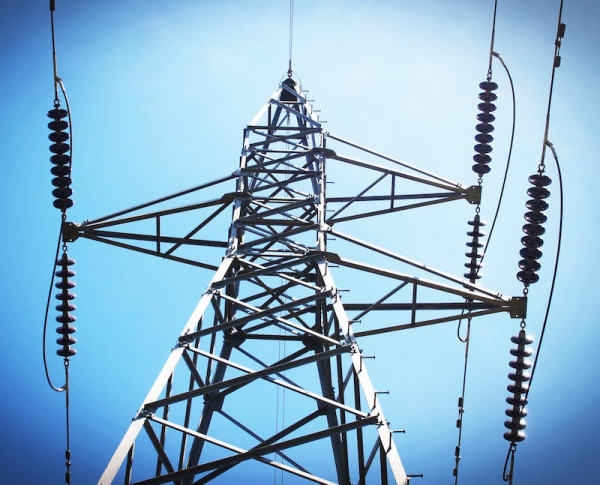
University of Bolton, Deane Road, Bolton. BL3 5AB
Tel:
Email:


“At the University of Bolton, we take great pride in providing a quality, supportive learning environment for our students.”
Professor George E Holmes DL | President & Vice Chancellor
“...tutors are very supportive and you’re not just a student ID number, at this university you are an individual with a name.”
Ellisse Vernon | BSc (Hons) Adult Nursing
Back to menu
Back to menu
Study with an Off-Campus Partner
Back to menu
Back to menu
University of Bolton, why we are the right choice
Location - Bolton, Greater Manchester

20/11/2023
In the fast-paced sector of electrical engineering, the rise of the Internet of Things (IoT) and advanced connectivity is not just a trend; it's a revolution.
This blog delves into how IoT and connectivity are reshaping the landscape of electrical engineering, presenting new challenges and opportunities.
The Internet of Things (IoT) is a concept that encompasses a vast network of physical devices, vehicles, home appliances, and other items. These objects are equipped with electronic components, software, sensors, and actuators, and are interconnected through various forms of connectivity.
This interconnectedness allows for the collection, exchange, and analysis of data, facilitating a new level of interaction and intelligence among these objects. In electrical engineering, this translates to:
Home automation systems
IoT's integration into home automation is creating smarter, more energy-efficient, and interconnected living spaces.
Smart grids and energy management
IoT is revolutionising how energy is distributed and managed, making grids smarter and more efficient.
Wearable tech and health monitoring
The development of wearable devices that monitor health parameters is a testament to the convergence of IoT, biotechnology, and electrical engineering.
Connectivity is essential for IoT, and involves various technologies:
● 5G networks - The rollout of 5G is critical for supporting the massive data transfer required by IoT devices, enabling faster, more reliable communication
● Wireless sensor networks - These networks are key in data collection and transmission in IoT, finding applications in diverse fields from agriculture to urban planning
● Edge computing - Processing data closer to the source reduces latency and enhances efficiency, a crucial aspect of IoT systems
The future of electrical engineering is intrinsically linked to IoT and connectivity. A modern electronic engineer will create systems that not only communicate but also learn and
Enhanced efficiency and energy management
IoT-enabled devices in electrical engineering facilitate unprecedented levels of energy efficiency and management.

Smart grids, for instance, leverage IoT to optimise the distribution and consumption of electricity, reducing waste and improving the reliability of power systems.
Sensors embedded in electrical infrastructure can monitor and adjust energy usage in real-time, leading to more sustainable and cost-effective energy solutions.
Innovation in design and development
IoT's influence extends to the design and development phase of electrical systems and devices.
Engineers can now incorporate IoT components into their designs, creating products that are not only functionally superior but also capable of communicating with other devices and systems.
This innovation opens up possibilities for more intuitive and responsive designs, where devices can adapt to user needs and environmental conditions.
Predictive maintenance and monitoring
Connectivity and IoT have introduced a new era of predictive maintenance in electrical engineering. By continuously monitoring the condition and performance of electrical equipment, IoT sensors can predict failures before they occur.
This proactive approach minimises downtime, extends the lifespan of equipment, and reduces maintenance costs, significantly improving the reliability of electrical systems.
Enhanced safety and security
IoT technologies contribute to improved safety and security in electrical engineering.
Real-time monitoring and automated controls can quickly identify and respond to potential hazards, such as circuit overloads or equipment malfunctions, to prevent accidents.
Additionally, IoT-enabled security systems ensure the protection of critical infrastructure against unauthorised access and cyber threats.
Be a part of the future of electrical engineering
The University of Bolton's MSc Robotics, Autonomous Systems and Telecommunications: January Start offers a unique opportunity to delve into these areas.
Starting in January, this degree programme provides hands-on experience and theoretical knowledge, equipping you for a career at the cutting edge of electrical engineering and IoT.
Reach out for more details at enquiries@bolton.ac.uk or call 01204 903903.